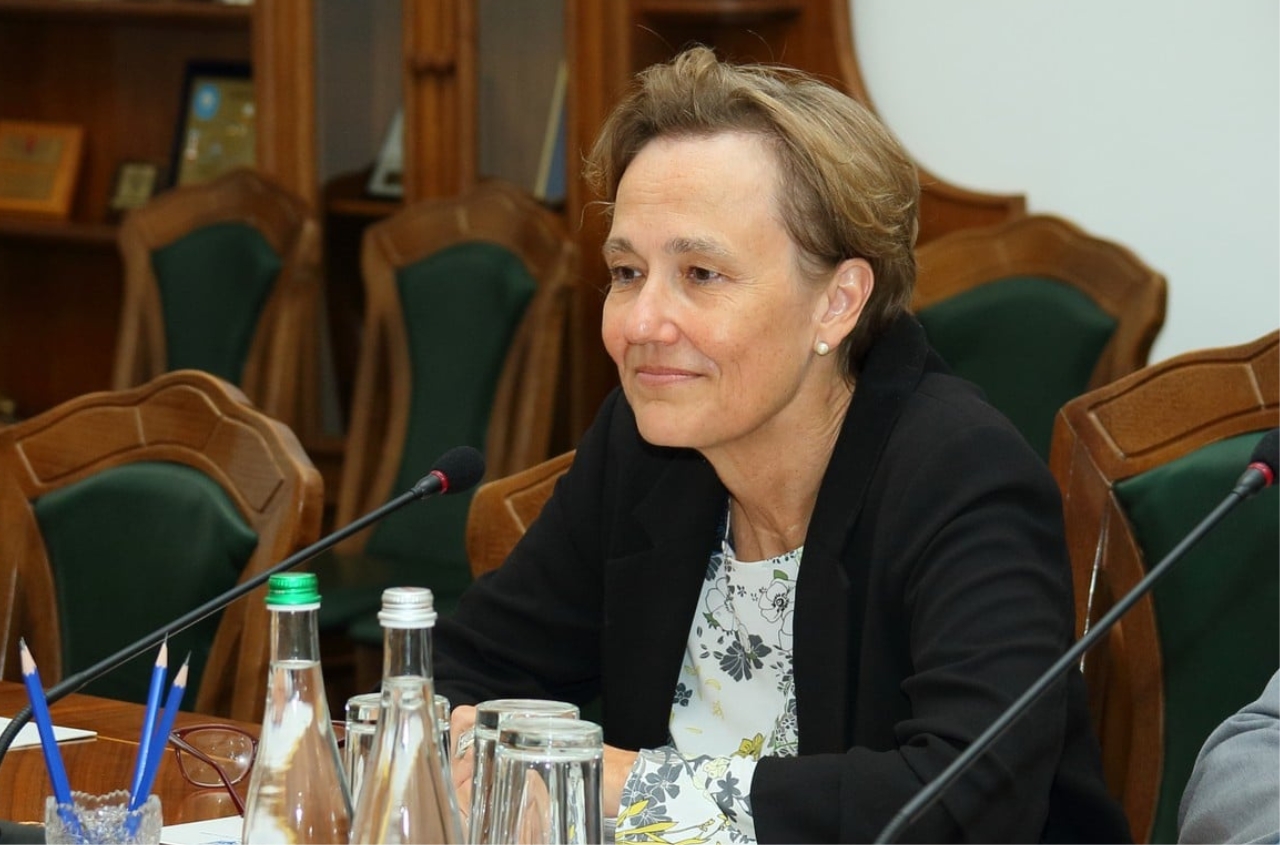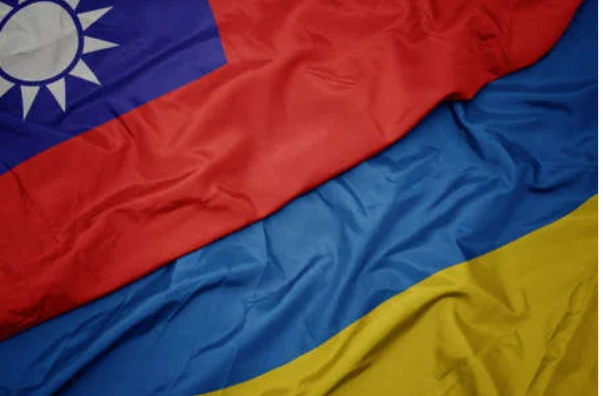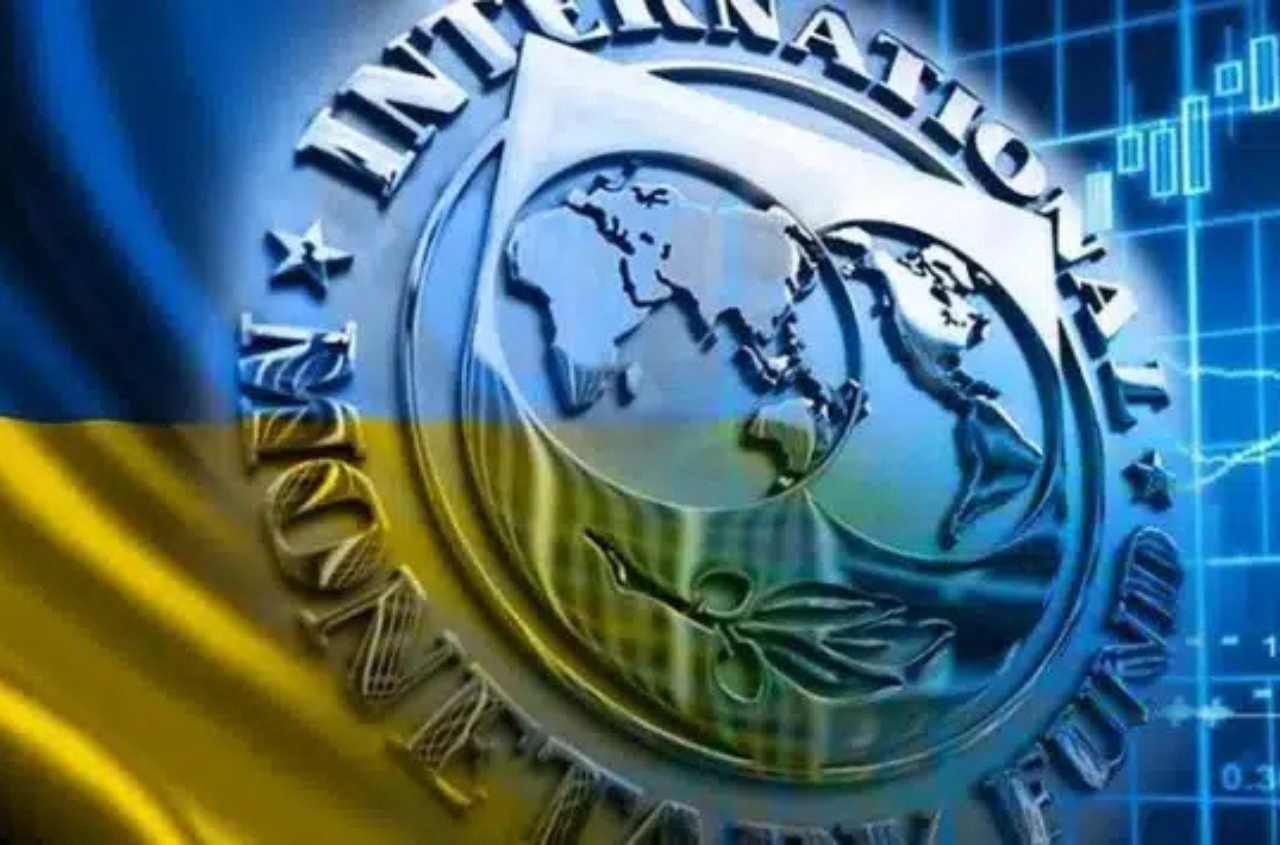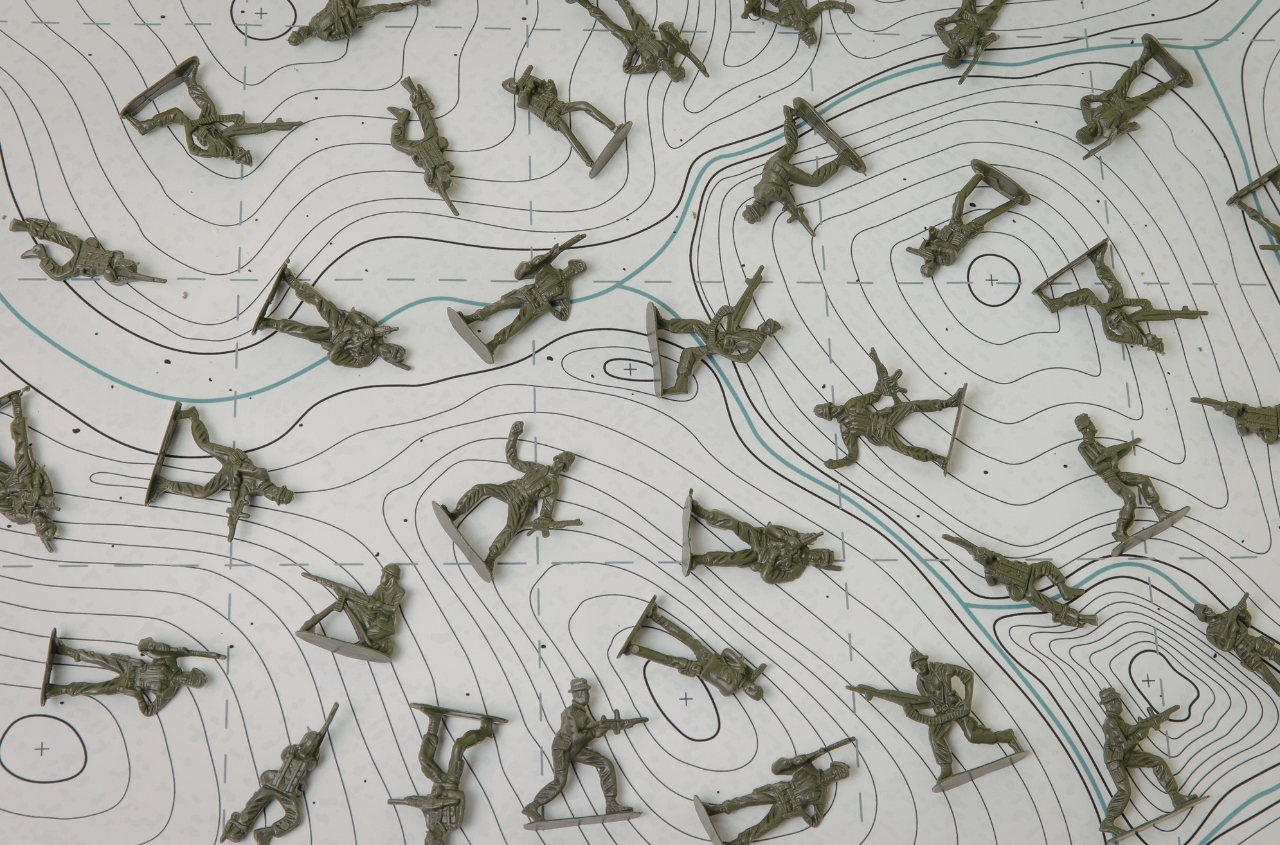In Berlin, authorities have banned symbols associated with the USSR and Russia at commemorative events marking the 80th anniversary of the end of World War II on May 8 and 9.
The decision was made by the police and later upheld by an administrative court.
A general decree has been issued for the Soviet memorials in Treptow, Tiergarten, and Schönholzer Heide, including their immediate surroundings. According to this decree, the following are prohibited from 6:00 AM on May 8 to 10:00 PM on May 9:
- wearing military uniforms or parts thereof
- wearing military insignia
- displaying the letters “V” or “Z” individually or prominently
- showing St. George’s ribbons
- displaying flags and banners with references to Russia
- playing or singing marches and military songs
- displaying symbols or signs that could glorify the Russia-Ukraine war.
Symbols or signs that could be interpreted as glorifying the Russian-Ukrainian war are also banned.
The restrictions apply in particular to the Soviet memorials in Treptow, Tiergarten, and Schönholzer Heide, as well as their surrounding areas.
Exceptions to the ban include WWII veterans, diplomats, and official representatives of countries directly involved in the victory over Nazism, who are participating in the commemorative events on behalf of their states.
According to the German-Russian agreement on the care of war graves signed on December 16, 1992, the Berlin police are obliged to protect Soviet memorials and military gravesites, acknowledging Germany’s historical responsibility. “Honoring the memory of the fallen soldiers of the former Soviet Army, who contributed alongside other armed forces to the liberation of Germany and the world from Nazi dictatorship, remains a central theme of these days. This memory and respect for the memorials must be preserved despite the ongoing Russian-Ukrainian war,” police emphasized.
Russian associations attempted to challenge the ban, but the administrative court confirmed the legality of the police decision. The court ruled that the restriction is justified to ensure peaceful commemoration, as such flags and symbols could be interpreted as support for the war amid Russian aggression in Ukraine.
More than 60 commemorative events are scheduled over the two days, with police on duty at memorials to ensure respectful and peaceful proceedings.





















